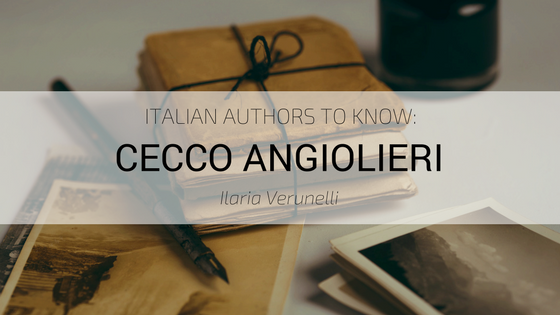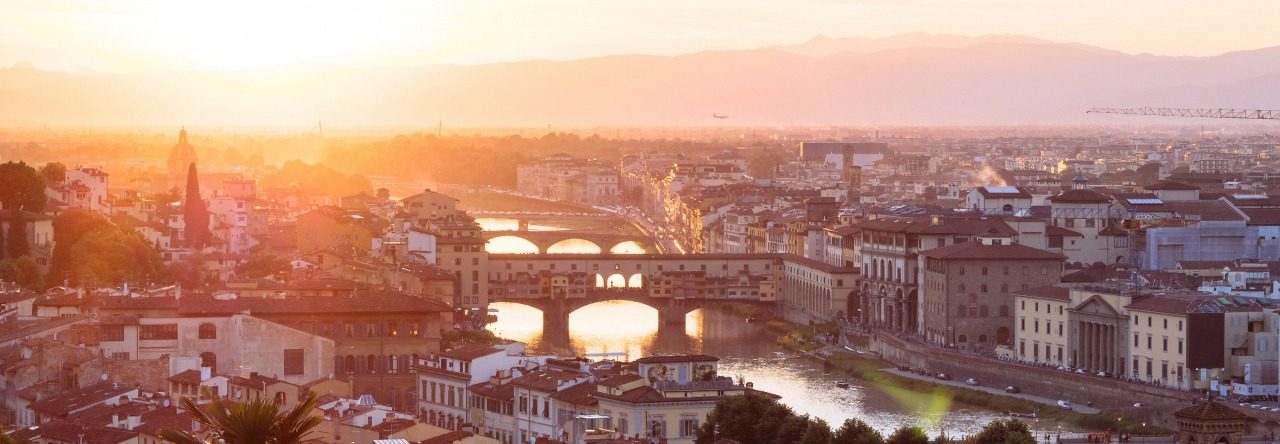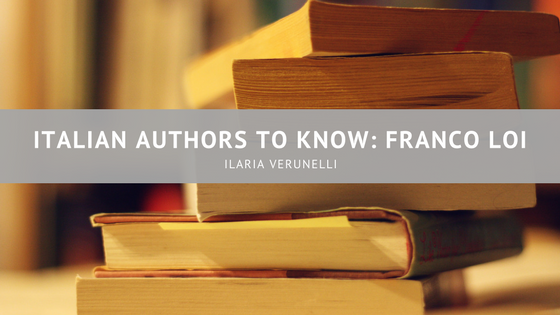
Life
Born in Siena, Italy, in 1260, Cecco Angiolieri is often regarded as the first master of comic verse. However, in spite of how highly he is spoken of nearly 800 years later, Angiolieri was not always so highly regarded during his time.
This was due to the great expectations that were set on his shoulder by both sides of his family, which were each powerful and influential in their own right. Angioleri’s paternal grandfather, Angiolieri Solafica, served as a trusted banker to Pope Gregory IX, while his mother, Lady Lisa de’ Salimbeni, was a member of a Senese family — one of the richest, noblest, and most powerful families in the entire city.
Ultimately, Angiolieri failed to meet his family’s standards throughout his life. At the age of 21, he fought with the Guelphs in Siena, who were besieging their Ghibelline counterparts at the time, but was eventually fined for abandoning the battlefield without permission. This less than heroic behavior resurfaced in 1288, resulting in another subsequent fine. In 1282 and 1291, he was fined for violating the curfew in Siena. Angiolieri was exiled from Siena in 1296 and was not permitted to return until at least 1303.
Angiolieri died in 1312, leaving behind six children — Meo, Deo, Angioliero, Arbolina, Sinione, and Tessa. Because of their father’s poor habit of being fined by the local government, the Angiolieri estate became so indebted that all six children refused to claim their inheritances after his passing.
Poetry
Even during the most tumultuous times of his life, however, Angiolieri managed to create realistic and satirical poetry that would be well-loved by generation after generation. Throughout his life, Angiolieri composed over 110 sonnets, all of which are impudent and light-heartedly blasphemous.
His most notable works — Il canzoniere, S’ì fosse foco, arderei ‘l mondo, and The Sonnets of a Handsome and Well-Mannered Rogue — are still taught, translated, and analyzed in colleges and universities around the globe.
So, although Angiolieri did not meet the great expectations held by his noble families, he certainly made his mark on the art of poetry, which shaped the techniques and writings of the poets for generations to come.


